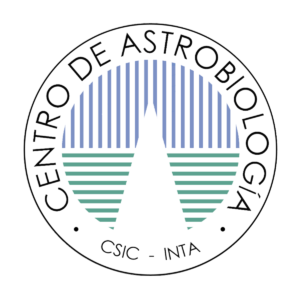de la Higuera Ignacio, Lázaro Ester (2022). Viruses in astrobiology. Frontiers in Microbiology, 13. https://doi.org/10.3389/fmicb.2022.1032918
Viruses are the most abundant biological entities on Earth, and yet, they have not received enough consideration in astrobiology. Viruses are also extraordinarily diverse, which is evident in the types of relationships they establish with their host, their strategies to store and replicate their genetic information and the enormous diversity of genes they contain. A viral population, especially if it corresponds to a virus with an RNA genome, can contain an array of sequence variants that greatly exceeds what is present in most cell populations. The fact that viruses always need cellular resources to multiply means that they establish very close interactions with cells. Although in the short term these relationships may appear to be negative for life, it is evident that they can be beneficial in the long term. Viruses are one of the most powerful selective pressures that exist, accelerating the evolution of defense mechanisms in the cellular world. They can also exchange genetic material with the host during the infection process, providing organisms with capacities that favor the colonization of new ecological niches or confer an advantage over competitors, just to cite a few examples. In addition, viruses have a relevant participation in the biogeochemical cycles of our planet, contributing to the recycling of the matter necessary for the maintenance of life. Therefore, although viruses have traditionally been excluded from the tree of life, the structure of this tree is largely the result of the interactions that have been established throughout the intertwined history of the cellular and the viral worlds. We do not know how other possible biospheres outside our planet could be, but it is clear that viruses play an essential role in the terrestrial one. Therefore, they must be taken into account both to improve our understanding of life that we know, and to understand other possible lives that might exist in the cosmos.






